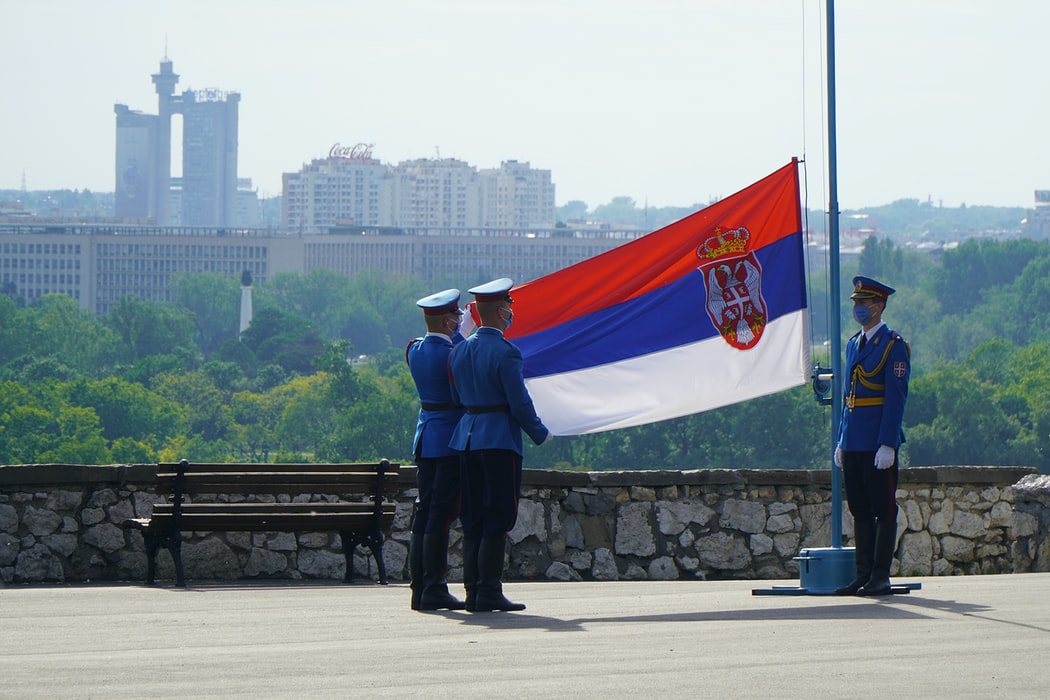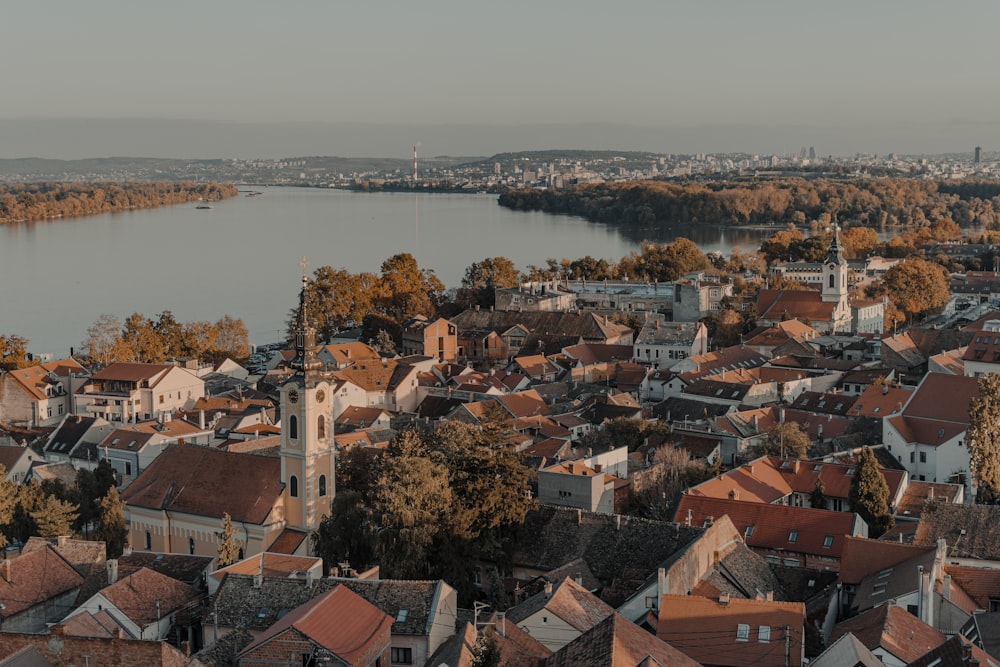
Fortunately, there are only a few things in Serbia to avoid and many others to experience. Follow these tips and get the most out of your stay in Serbia!
8 things to know about Serbia before you travel
Below there are useful things that you should know before visiting Serbia.
- Entry into Serbia
If you are staying not in a hotel but at a private address, you need to know that in Serbia there is a mandatory registration within 24 hours after the arrival. It is which is imposed by the state on homeowners. Some owners ignore this requirement, and in this case, tourists may have trouble leaving the country. If you stay at a hotel, it will register automatically without any problems.
- Sea
The country has no outlet to the sea but is famous for its thermal resorts. But if you really want to go to the sea, then you can easily and inexpensively take a bus from Belgrade to it. So, a round-trip bus ticket to Montenegrin seaside resorts costs about 40 euros.
- Language
Serbian is spoken in Serbia, which was the main language of the former Yugoslavia. Serbia officially uses two alphabets – Cyrillic and Latin. All government documents are published only in Cyrillic. In everyday life, Latin is mainly used.
- People
Serbs are a fun nation that celebrates even the smallest holiday. Therefore, it is easy to be friends with them. Serbs are also a proud nation. Throughout the centuries-old and turbulent history, despite numerous difficulties, the Serbs survived and preserved their faith, traditions, and customs, which have been honored by the people since ancient times.
- Communication
Do not mention war or politics in your communication. While it may sound strange, these topics should be avoided unless you want to trigger the unpredictable emotions of your Serbian friends. The topic of wars remains painful for the long-suffering people.
Another topic that is not the best for talking with Serbs is politics. Serbs have strong political contradictions between different members of society, which can cause violent emotions and irritation, including on the topic of Kosovo’s independence.
- Security
Serbia is safe enough for tourists. The only thing to keep in mind is to avoid crowded areas where pickpocketing can operate, including public transport. Any other form of crime is very rare. Perhaps, the best thing about Serbia is that its people are very kind and always ready to help. So if you need help, just ask someone.
- Food
Serbian cuisine has many delicious vegetable dishes. However, meat is central to the Serbian table. Traditional Serbian dishes:
- chops with filling and spices;
- minced meat sausages with spices cooked over charcoal;
- pork and veal skewers;
- chopped meat cutlet cooked on coals;
- various types of meat roasted on a spit;
- stuffed cabbage rolls and much, much more.
Several products should be noted, without which Serbian cuisine is unthinkable:
- Aivar – a paprika paste with the addition of eggplant and garlic, which is eaten as a snack;
- Kaimak is a cross between sour cream, cheese, and butter. It is a very thick cream removed from milk cooled after boiling.
- Drinks
Serbia is a country of coffee lovers. Coffee for Serbs is like tea for Englishmen. When evening comes, Serbs exchange coffee for rakia.
Rakia is one of the most famous Serbian brands, a traditional drink made from plum, apricot, quince, and pear. The most famous of these is Slivovica, which is also the national drink of Serbia.
Helpful information
It is also useful to know the following information to make your trip to Serbia more convenient.
Money
Dinar is a Serbian currency, the dinar/euro exchange rate has been relatively stable for many years, subject to insignificant fluctuations, and is about 115 dinars per 1 euro. You can exchange euros for dinars at any exchange office, which are in large quantities in every Serbian city.
Bank cards
You can pay with bank cards in shops and most cafes and restaurants. It should be remembered that only dinars can be withdrawn from a bank card at ATMs, regardless of what currency your bank card is tied to.
Rent a Car
The car can be rented directly at the Belgrade airport immediately upon arrival. A large number of car rental firms are presented in the arrivals hall of Nikola Tesla airport. A liter of gasoline in Serbia costs about 1.5 euros.
Roads
Serbia has fairly good highways, with a set maximum speed of up to 130 km, but regional roads leave much to be desired.
Transport
Intercity and city buses are the most used mode of transport. City transport is often very busy and does not always follow the schedule. Payment for travel is made with contact cards, which can be bought at any shop for 2.1 euros. Travel in any public transport costs 89 (0.75 euros) dinar and this price is valid for 90 minutes (that is, during this time and having paid once, you can travel by different types of transport).
Telephone
A SIM card with a Serbian number can be bought at any shop that sells printed publications, and without presenting any documents. There are only a few mobile operators in Serbia – VIP, MTS, and Telenor. Their prices for communication are practically the same.
Prices
Food and accommodation prices are quite reasonable. For example, in Belgrade, coffee will cost you 1–1.50 euros, food in a restaurant – 5–10 euros, and an overnight stay in a hostel in the city center – 8–15 euros.

